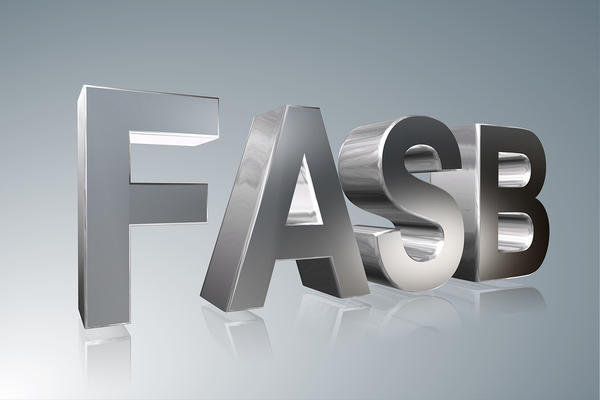The Financial Accounting Standards Board (FASB) recently updated guidance for applying the lease accounting standard to arrangements between entities under common control.
During the FASB’s post-implementation review of Topic 842, Leases, the board heard concerns from private company stakeholders about how to apply Topic 842 to related party arrangements between entities under common control.
The biggest concerns were:
- Which terms and conditions should be considered when determining whether a lease exists and, if so, the classification and accounting for the lease.
- The accounting for leasehold improvements associated with leases between entities under common control.
The Accounting Standards Update issued by the FASB on March 27 provides private companies and not-for-profit organizations that are not conduit bond obligors with a practical expedient to use the written terms and conditions of a common control arrangement to determine whether a lease exists and, if so, the classification of and accounting for that lease.
In addition, the ASU requires all entities, including public companies, to amortize leasehold improvements associated with common control leases over the useful life to the common control group.
Thanks for reading CPA Practice Advisor!
Subscribe Already registered? Log In
Need more information? Read the FAQs
Tags: Accounting Standards




